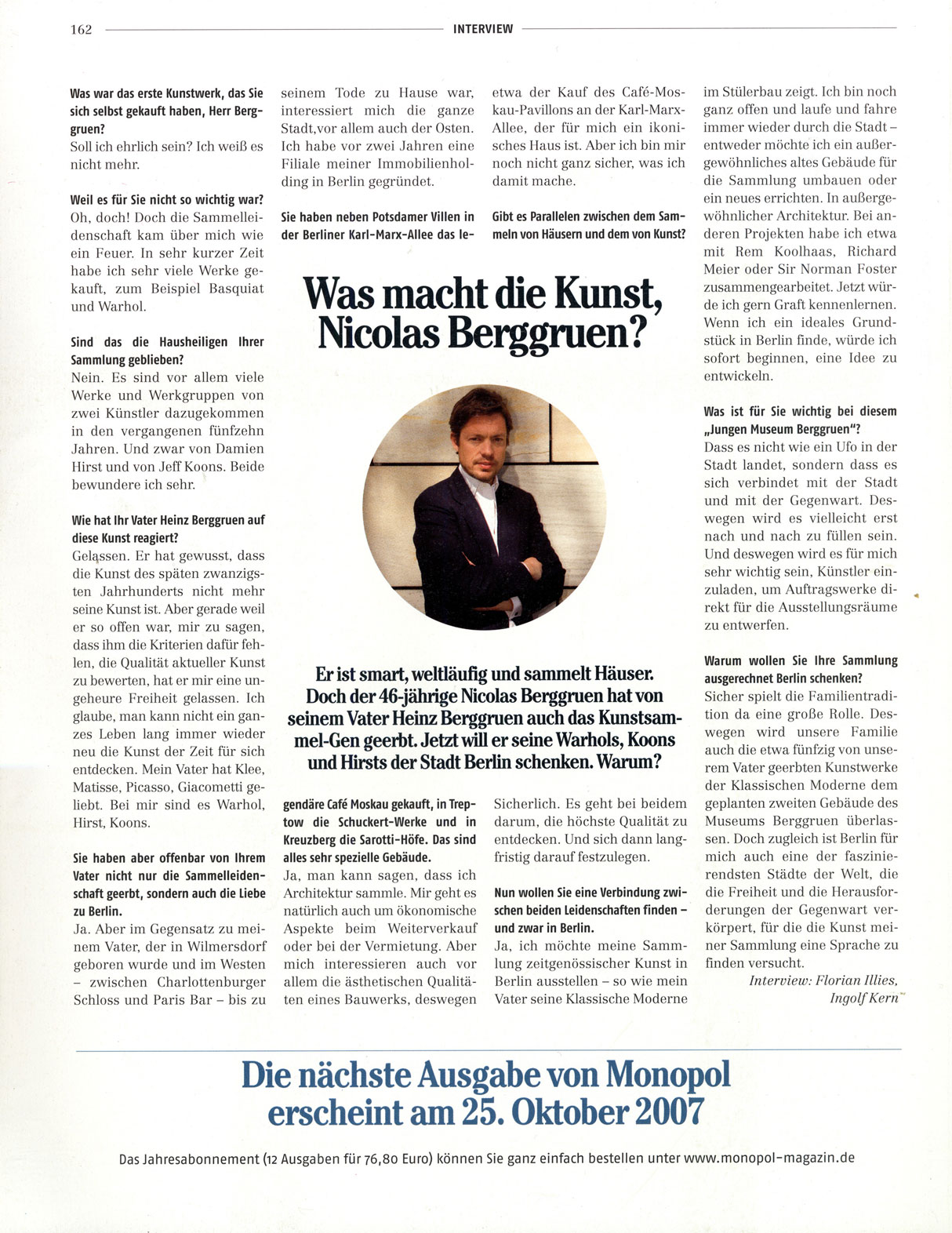2005, Mirko Mayer Gallerie soweitsogut bezeichnet einen Moment des Innehaltens – ein Resümee wird gezogen über einen Zeitraum, eine Aktivität. Er steht für eine positive Beharrlichkeit – Sturheit angesichts...

Spelling potato ‘potatoe’
In the modern era, no gaffe of the spoken word quite reaches the heights of Dan Quayle’s misspelling of a certain tuber. And it also occasioned one of the most unfair responses; Dan Quayle got a bad rap (for potato, at least).
Potato P-O-T-A-T-O Potato
In June of 1992 Quayle was still the vice-president of George H. W. Bush, and as vice-presidents often find themselves performing tasks that no one else wants to do, he was officiating at a spelling bee. There are various reports on whether he was reading a cue card with erroneous information supplied by the school, or made the mistake on his own, but what is incontrovertible (and posted on You Tube for posterity) is that Quayle incorrectly corrected a student’s spelling of potato.
The vice-president averred that the correct spelling had an –e at the end, a statement which engendered no small amount of ridicule. In fact, he is still being mocked for it to this day. After all, the fact that ‘potato’ has no –e at the end of it is something that we all pride ourselves on knowing with every fiber of our being. Isn’t it?
Not the only one
But why do we know this so well? Is it perhaps because Quayle was so relentlessly excoriated that this particular spelling lesson has become learned on a national level? The spelling of potatoe, while not terribly common, existed for almost the entire 20th century. For example, the New York Times was still occasionally spelling potato with an –e in 1988. In fact, one can easily find spellings of potatoe all the way up to 15 June of 1992, at which point they suddenly drop off or become used in an ironic way, referencing this incident. Quayle may have misspelled the word, but in doing so perhaps he taught the rest of us how to not make his error.
It happens to the best of us
It has always seemed to me that there was an overreaction to this flub. We all make such mistakes, obviously, and potato is a bit of a tricky word (the Oxford English Dictionary lists 64 variant spellings that have existed over the ages, including pittayatee, pertaayter, and pertater).
Why is the former vice-president still being teased over his failure to spell a word on the spot, while the New York Times, Washington Post and others are escaping censure for routinely printing the plural incorrectly (spelling it without an –e)? (Examples of this can be found here, here, and here.) This improper spelling of ‘potatoes’ is so entrenched in our spelling brains, that what is needed is for one of the current presidential hopefuls to spell it improperly on television, so that the public can then publicly mock this failure, and in years to come we can say to each other “everyone knows that potatoes has an –e in it”.
Oxford Dictionaries – Spelling potato ‘potatoe’

